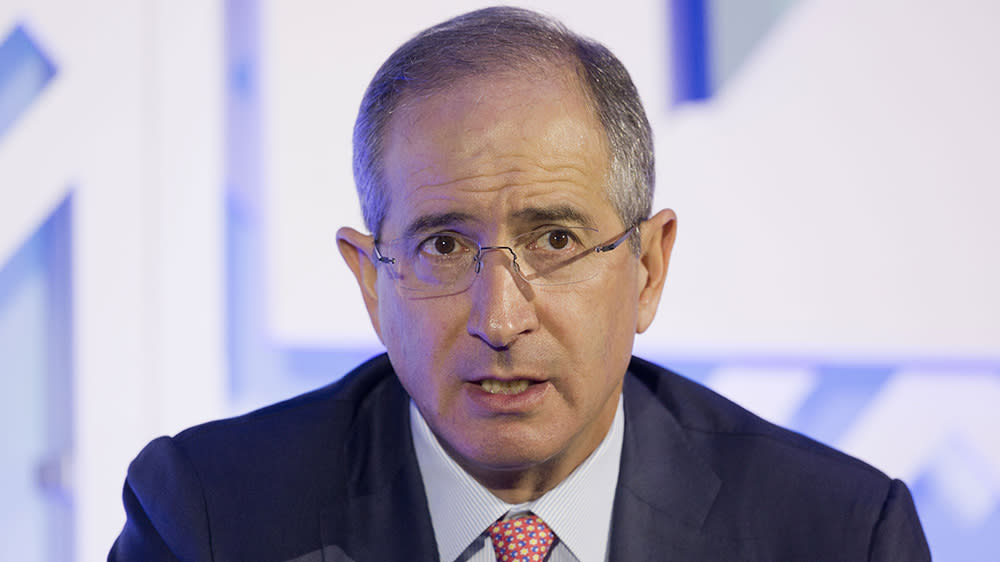As Disney Catches Fox, What’s Next for Comcast?

Comcast chairman Brian Roberts turned heads in 2004, when his cable company launched an unsolicited $54 billion bid for the Walt Disney Co. Today, Roberts no doubt had mixed feelings watching Disney, once Comcast’s prey, scoop up key assets of 21st Century Fox that Comcast itself had pursued.
“When a set of assets like Fox’s becomes available, it is our responsibility to evaluate if there is a strategic fit that could benefit our company and our shareholders,” Comcast said in a statement earlier this week. “That is what we tried to do and we are no longer engaged in the review of those assets. We never got the level of engagement needed to make a definitive offer.” A Comcast spokesman did not respond to a query seeking further comment.
While Comcast’s ultimate interest in Fox is a matter for debate, there is little question that the company has found it difficult since acquiring a controlling stake in NBCUniversal in 2011 to do another transformative deal. In 2014, for example, Comcast made a bid valued at the time to be around $45.2 billion for Time Warner Cable — like Comcast, one of the nation’s biggest cable providers. But the company had to abandon it after the Justice Department said little more than a year later that it would file an antitrust lawsuit to block the transaction because Comcast would have too strong of a grip on the nation’s broadband market.
To be sure, Comcast is fine on its own. The company pulled in more than $80 billion in revenue last year, a 7.9% jump over what it collected in 2016. Since acquiring a hobbled NBC broadcast network and a clutch of cable channels, Comcast has elevated NBCU’s investment in content and gained ground on both advertising prices and the fees it collects from distributors. On the cable side, Comcast has focused in recent months on new home services it can deliver, like smart-home technology, its X1 user interface, or on-demand content viewing. All the while, however, it has been forced to deal with subscribers who are leaving its service in favor of cheaper, standalone program-delivery options.
Even though Comcast didn’t take home the Fox assets, it will still compete with them. Brian Wieser, a media-industry analyst with Pivotal Research, suggested Comcast was likely to be one of the main competitors to the larger Disney for sports rights. Indeed, Comcast has its own NBCSN sports cable outlet and controls the rights to broadcast the Olympics in the U.S. through 2032.
Time and technology may open new opportunities. Apple, Amazon and Netflix all operate rival streaming services at a scale many traditional media companies do not. And social-media outlets like Facebook and Twitter are looking more intently at delivering original video content on their platforms.
Comcast is certainly large and carries significant heft in the industry. If AT&T is successful in fighting the Justice Department’s opposition to its Time Warner merger, and if Disney acquires the bulk of 21st Century Fox, will the nation’s cable giant need to get bigger?
Already there is chatter about the possibility of Comcast splitting the company into separate entities, one for the cable and broadband business, the other for NBCUniversal and other content assets. That could theoretically make it easier for a more nimble NBCU to pursue content acquisitions such as Fox. Because the one thing that is clear in the wake of the Disney-Fox tie-up — there is more wheeling and dealing to come for even the biggest players in this fast-changing market.
(Pictured: Brian Roberts)
Related stories
Disney to Lease Fox Lot for Seven Years (EXCLUSIVE)
Fox's Regional Sports Outlets Could Serve as Balm for Disney's ESPN
Disney-Fox: Ryan Reynolds, James Gunn and More React to Mega-Merger
Subscribe to Variety Newsletters and Email Alerts!

